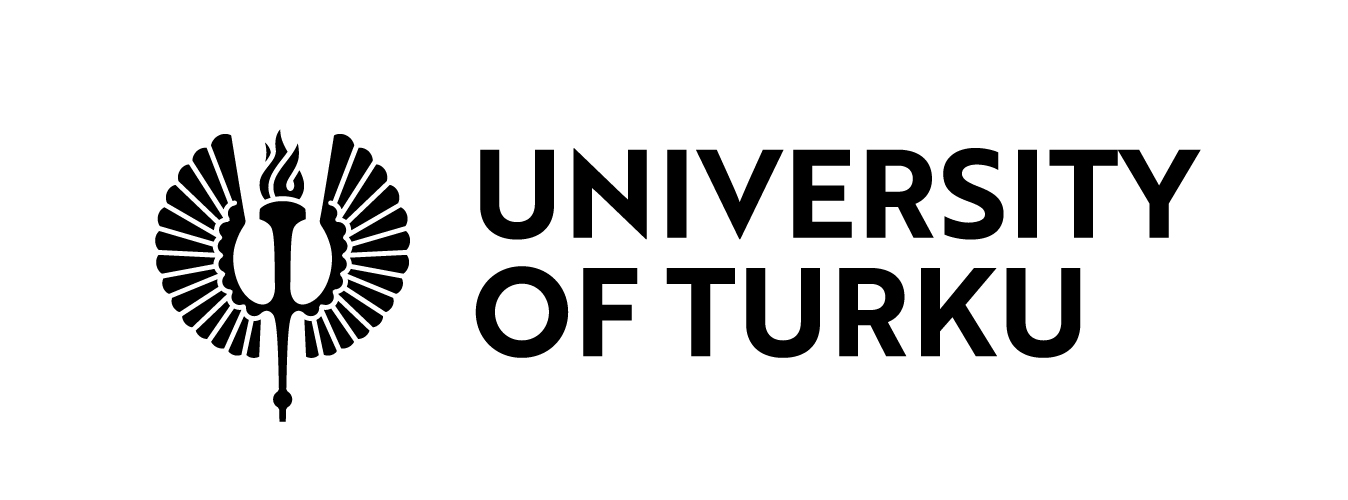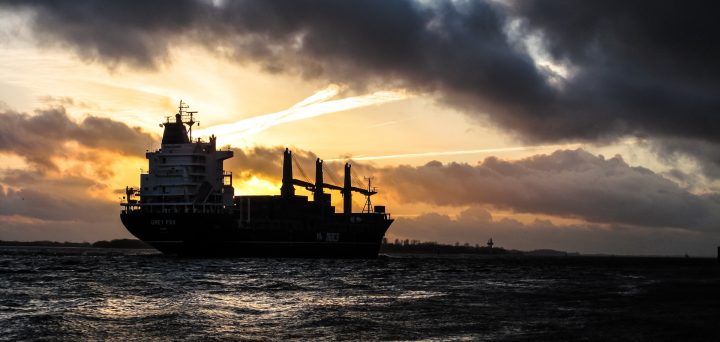Prof. Harilaos Psaraftis: The impact of COVID-19 on the decarbonization of shipping
Prof. Harilaos N. Psaraftis, Technical University of Denmark
The impact of COVID-19 on the decarbonization of shipping: a blogger’s perspective
In his non-scientific blog, Prof. Psaraftis discusses the impact of COVID-19 on the decarbonization of shipping.
This topic is important because of the political debate within IMO and EU, respectively, on when, to what extent, at what cost and how worldwide shipping should be brought into some type of an emission offsetting and/or trading system – and what would e.g. the financial, technological, environmental consequences be.
“The so called ‘Initial IMO Strategy’ to reduce green house gas (GHG) emissions from ships was adopted by the International Maritime Organization (IMO) in 2018 and is currently the most important policy development as regards what the shipping community plans to do on climate change (IMO, 2018). The strategy classifies potential measures to reduce GHG emissions into three classes: short-term measures, medium-term measures, and long-term measures. […]
As expected, much of the discussion after the adoption of the strategy in 2018 has focused on short-term measures, and specifically on how such measures can help achieve the 2030 target, reduce CO2 emissions per transport work, also known as ‘carbon intensity’, as an average across international shipping, by at least 40% by 2030, compared to 2008.
The COVID-19 pandemic has dealt a blow to the Initial IMO Strategy at several levels […]”


